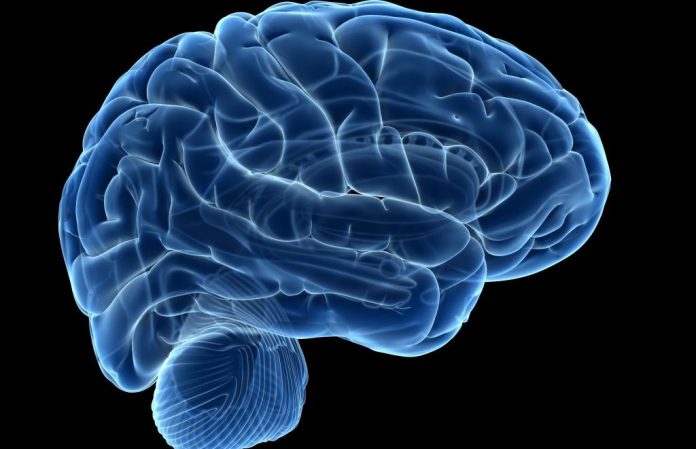Obese people may show some shrinkage in their brain tissue as early as middle age, a large new study confirms.
The study, based on brain scans of thousands of adults in the United Kingdom, found that those with higher body fat levels tended to show differences in brain structure compared to thinner people.
Those differences included a lower volume of gray matter.
Gray matter contains most of the brain’s nerve cells, while another type of brain tissue — white matter — contains the fibers that connect different parts of the brain.
The new findings, published April 23 in the journal Radiology, add to evidence linking obesity to certain brain structure differences. Earlier this year, another study — pulling from the same data source — found that middle-aged adults with abdominal obesity tended to have less gray matter volume than their normal-weight counterparts.
What does it all mean? Past research has linked obesity to a heightened risk of dementia in old age. Meanwhile, studies have tied gray matter shrinkage to dementia risk, as well.
So it’s possible the current findings help connect the dots, researchers said.
But they were quick to point out the study’s limitations: It did not assess people’s memory or other mental skills, and it’s not clear what the differences in brain structure mean.
It’s not even clear that extra body fat is the reason for the brain differences, said lead researcher Dr. Ilona Dekkers, of Leiden University Medical Center in the Netherlands.
One possibility, she said, is that “non-optimal” brain structure comes before the excessive weight gain. The lower tissue volume was seen, in part, in the brain’s “reward” circuitry and areas related to movement.
Dekkers said it’s also possible that the brain differences result from other things that go along with obesity — such as poor diet or lack of exercise.
On the other hand, she said, excess body fat may directly affect the brain.
“Recent studies are showing that being obese has a substantial impact on our hormonal and immune systems, which has been shown to lead to inflammatory reactions that also affect brain tissue,” Dekkers said.
Dr. Harold Bays, a U.S. endocrinologist who was not involved in the study, made similar points.
“Is it possible that unhealthy nutrition and physical inactivity could be partly responsible, and it’s not just the body fat itself?” he said. “Yes.”







